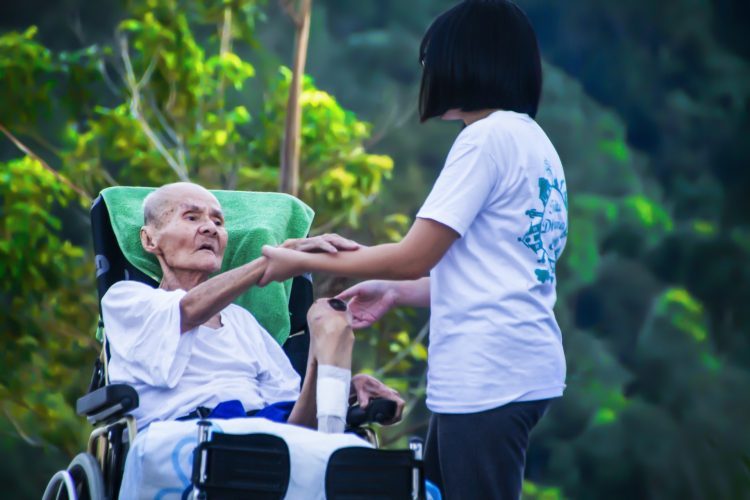How Doctors Achieve Balance By Giving
The life of a doctor can be tough and demanding. The working life of a doctor can be rewarding in itself, but because of the challenging nature of the profession which requires a lot of time and energy, it is necessary to focus on leading a balanced life and avoid neglecting other important areas of life.
When the term “doctor” is mentioned, it is implied that the person to which the title refers to, is kind, caring and compassionate towards others. Empathy after all, is one of the key qualities necessary for success in the profession.
So, what can a doctor add to their work life to provide balance, where pleasure is not the focus? Simply by giving to others, without the promise of financial returns referring in particular to doctors involved in “medical missions work”. This usually involves voluntarily using the skills gained in the profession to assist the less fortunate, especially in areas of the world where quality healthcare is difficult to come by.
Kate is a doctor in South Australia who was recently involved in medical missions as part of a church organisation. A missions team is consists of (but not limited to) a group of people who travel to third-world nations in order to provide various services to render assistance to less fortunate communities, with the goal of building and developing the skills of the local people as required.
Some of these services include initiating community projects such as building a school for children, providing housing for those living on the streets, and providing services to improve health and prevent diseases in these areas.
These teams may be in partnership with a larger organization in their home country.
Kate went to a country in South America, and told me that her team consisted of health professionals, engineers, and others with various skills. It was an exciting time for Kate as her church, in partnership with a not-for profit organization, has been travelling to this nation for over a decade. The Church regularly sends teams to this particular country to ensure the communities they assist continue to develop.
On arrival, the team was well received and welcomed by the community who had become “like family” to them. The following day, the team got started. Some of activities they were engaged in included providing health information and medical aid to locals in the slum areas, children in orphanages, widows and those with special needs.
There were also other opportunities to build deeper relationships with the natives of the country, and promote good health behaviours. The team provided training sessions for the local people to develop their vocational skills and was made possible because the team collaborated with each other to teach skills in their areas of expertise. For example, those who were appropriately skilled for designing and constructing building projects provided educational workshop sessions about building skills. The Medical team provided basic first aid training and education on health awareness. These sessions are necessary to provide the locals long term benefit while the missions team were absent from the country.
In addition to the voluntary missions work, there were also opportunities to engage in recreational activities such as visiting tourist attractions and enjoying the local delicacies. However, she said that the most rewarding aspect was providing care to the locals, and watching their faces light up with appreciation and gratitude.
It was very rewarding for her to see how the local people have benefitted from previous visits, and were using the previously taught skills to further develop their community.
“It was like leaving a legacy, a mark in their lives, that although intangible, was something that would never be forgotten. So much more than anything money can buy”.
She also emphasized that she knew she had grown from this experience in more ways than she could have anticipated and has learnt some invaluable lessons through this experience. It is no surprise therefore that she is already preparing for the next trip.






